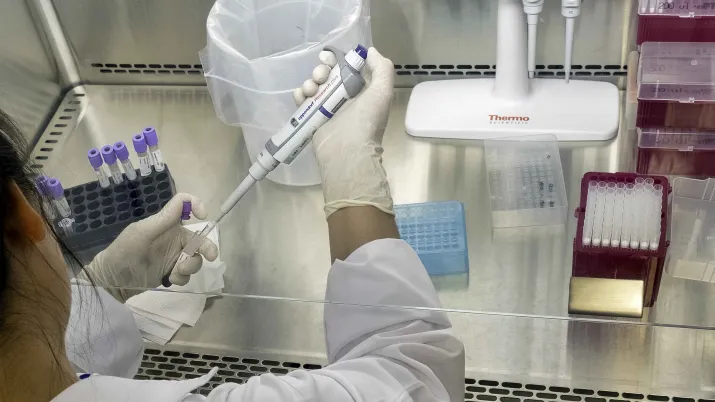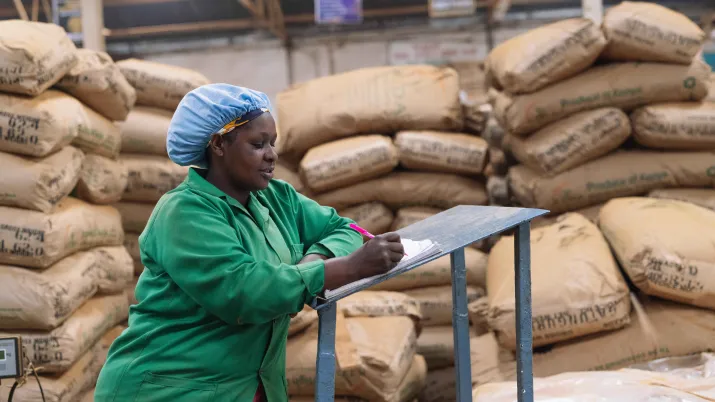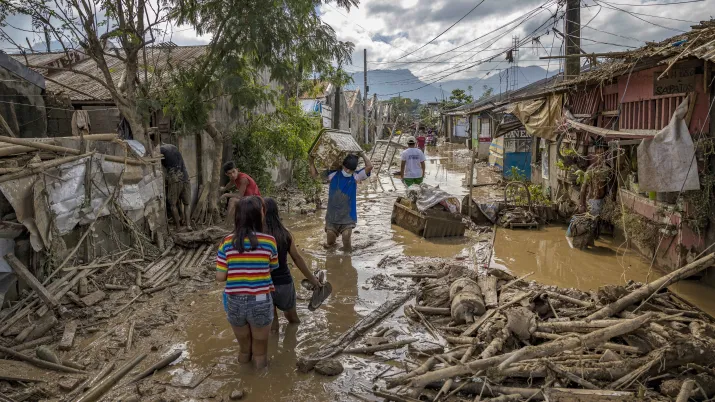Share the page
NUCAF – Strengthening nuclear security in Africa
Project
Published on
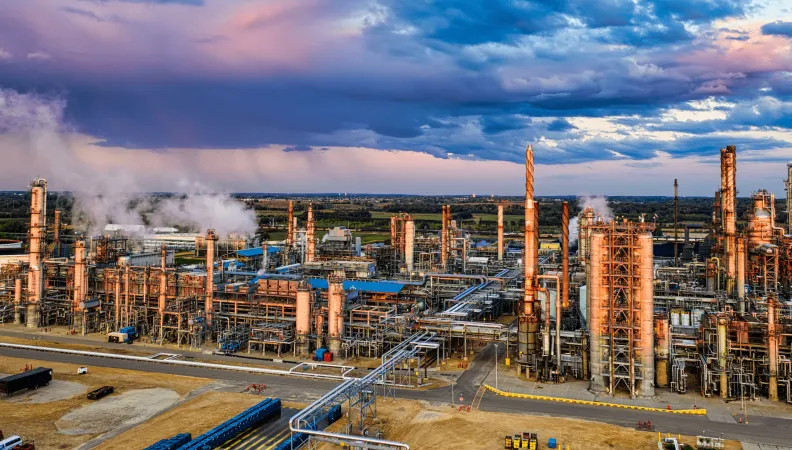
-
Project start date
-
Status
Ongoing
-
Project end date
-
-
Financing amount (Euro)
-
4.6m
-
Country and region
-
South Africa, Egypt, Ghana, Kenya, Morocco, Nigeria, Sudan, Zimbabwe, Africa
-
Funders
-
Partners
-
French Authority for Nuclear Safety and Radiation Protection (ASNR), Finland Radiation and Nuclear Safety Authority (STUK), German Organization for Plant and Reactor Safety (GRS), Spanish Nuclear Safety Council (CSN), French Nuclear Safety and Radiation Protection Authority (ASNR), Czech State Office for Nuclear Safety (SUJB)
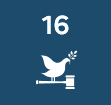
The NUCAF project aims to improve nuclear security in Africa by increasing the capabilities, independence and long-term viability of the regulatory authorities.
The challenges of civil nuclear development in Africa
Africa faces major challenges for its energy supply. With one of the world’s fastest-growing populations, the UN projects that the continent’s population will reach 2.5 billion by 2050. This population growth, coupled with the development of the industrial sector, increases pressure on existing energy infrastructure. In this context, nuclear energy provides a reliable and sustainable solution to address these growing energy needs. Indeed, it offers an alternative to fossil fuels and plays a key role in the energy transition and the sustainable development of the continent.
Many African countries are becoming increasingly interested in civil nuclear energy to diversify their sources of energy. While some already have a nuclear activity, such as South Africa, a pioneer on the continent with the operation of the Koeberg Nuclear Power Station since the 1980s, others, such as Egypt and Nigeria, are engaged in construction projects for nuclear power plants. At the same time, several countries, including Ghana, Kenya and Morocco, are exploring the feasibility of this type of programme.
However, these initiatives come with major challenges, in particular in terms of the safety of the installations, radioactive waste management, and training qualified personnel. Nuclear incidents around the world, such as at Fukushima in 2011, have highlighted the potential consequences of flaws in nuclear security.
To address these challenges, it is necessary to establish stringent safety standards to ensure the protection of the public, workers, and the environment. This requires strengthening local capabilities in terms of the regulation, supervision and management of nuclear waste to ensure that there is a safe and sustainable development of civil nuclear energy in Africa.
The NUCAF project: Strengthening nuclear security in the partner countries
The NUCAF project aims to strengthen the capabilities, independence, and long-term viability of nuclear regulatory authorities in the target African countries by promoting an approach focused on nuclear security.
It came about through a joint request from nine member countries of the Forum of Nuclear Regulatory Bodies in Africa (FNRBA) for European Commission support for the development of their nuclear facilities. Their objective is to comply with the standards of the International Atomic Energy Agency and achieve the highest level of nuclear security.
In this context, the NUCAF project is taking bilateral action with Egypt, Ghana, Kenya, Morocco, Nigeria, South Africa, Sudan and Zimbabwe. Regional cooperation will also be deployed through the FNRBA and in conjunction with the relevant regional and international bodies.
The NUCAF project is financed by the European Union under the European Instrument for International Nuclear Safety Cooperation (INSC), whose purpose is to support the promotion of nuclear safety, radiation protection, and the safe management of spent fuel and radioactive waste in non-EU partner countries. The INSC is based on the standards of the International Atomic Energy Agency and its action complies with international best practices.
Our action under the NUCAF project
The activities of the NUCAF project include the harmonisation of regulations on radiation protection and nuclear safety, the development of radiation surveillance and emergency response plans, as well as multinational training sessions and workshops focusing on strengthening regulatory capabilities.
On a bilateral basis, the project also provides for the creation of a national centre for nuclear and radiation emergencies in Morocco, and enhanced preparation for the Nuclear Regulatory Authority in Ghana.
Women, who are often under-represented in this sector, are encouraged to participate actively in these activities.
Sustainable Development Goals
SDG16 - Peace, justice and strong institutions
Promote just, peaceful and inclusive societies




